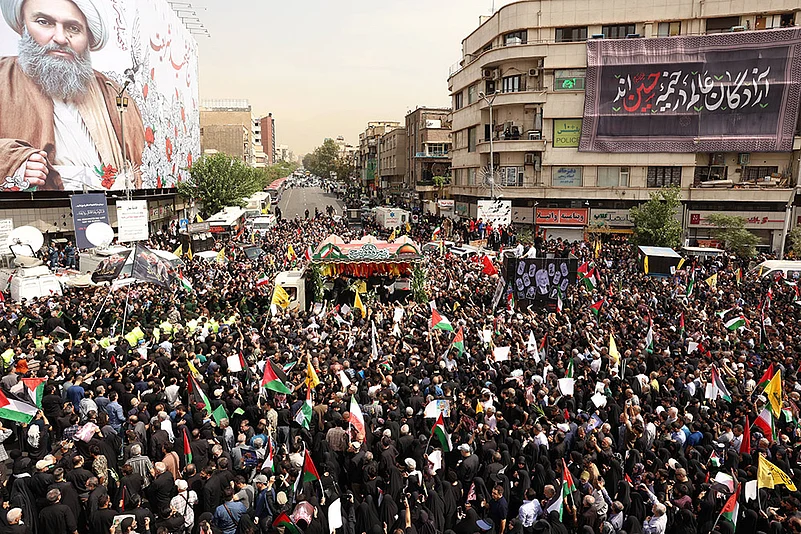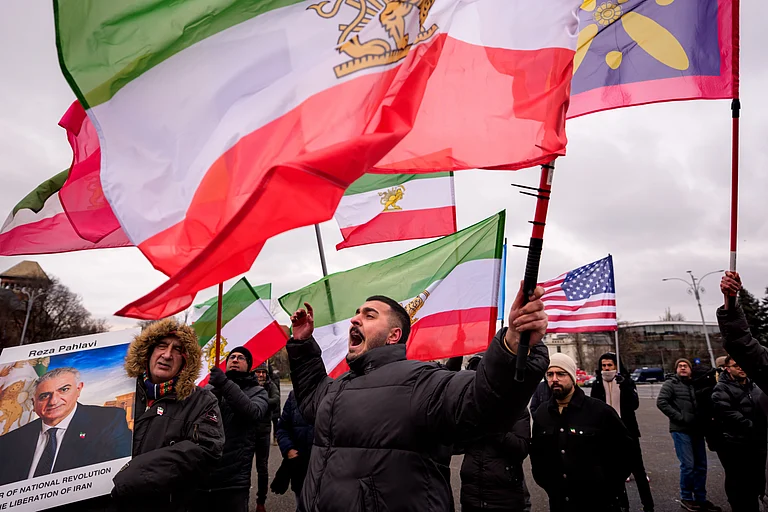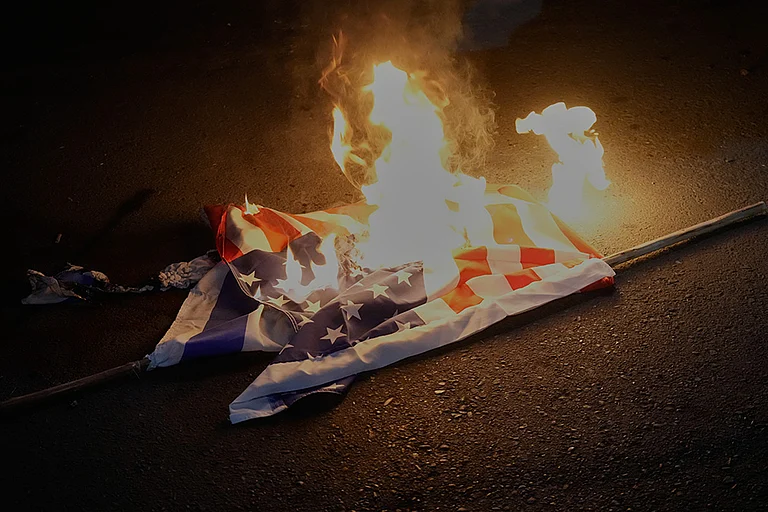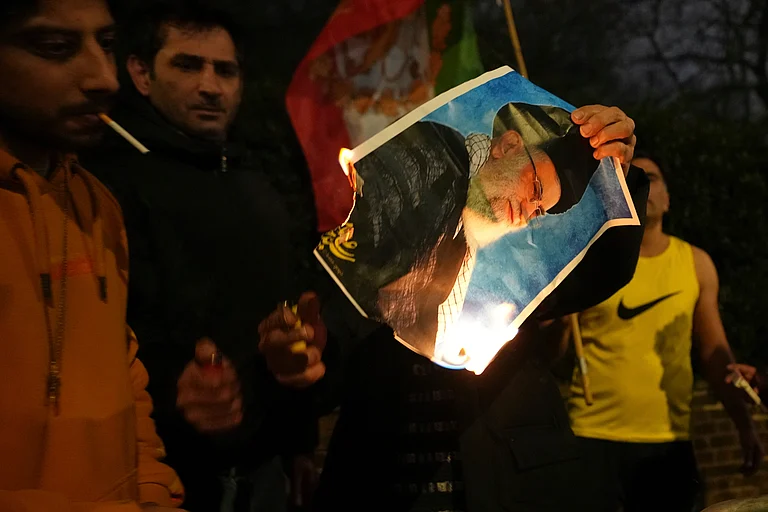Thousands of lives have been lost since the Israel-Hamas conflict escalated once again in October last year. The conflict which was till now between Israel and Hamas has now spread to the whole of West Asia because of the killing of the Hamas leader and former Palestinian Prime Minister Ismail Haniyeh on 31 July. Haniyeh was in Iran when he was killed. However, the main reason for the escalation of this conflict is not only the death of Haniyeh but many incidents that have happened in the last 9 months due to which tension has developed in the whole of West Asia.
Killing of Haitham Balidi
On August 3, Israeli forces killed senior Hamas commander Haitham Balidi during an air strike in Tulkarem. Haitham Balidi was the commander of Hamas's Al Qassam wing.
Killing of Fuad Shukr
On July 31, Hezbollah, A Lebanese militia group confirmed that its senior commander, Fuad Shukr, was killed in an Israeli airstrike in southern Beirut. Soon after, the Israeli military claimed responsibility, stating that the precision strike targeted Shukr, who was allegedly behind a missile attack that killed 12 children in Majdal Shams in the occupied Golan Heights.
Hezbollah initially reported that Shukr had survived but later acknowledged his death, calling him a significant figure in their resistance. Shukr, also known as al-Hajj Mohsen, was a founding member of Hezbollah and was wanted by both Israel and the U.S. for his involvement in numerous attacks.
The strike, which hit the Haret Hreik neighborhood near Hezbollah’s Shura Council, resulted in three deaths, including two children, and injured 74 others. The attack follows the assassination of Hamas leader Ismail Haniyeh in Tehran.
Killing of Saleh al-Arouri
Saleh al-Arouri, a key Hamas leader and deputy head of its political bureau, was killed in an explosion in Beirut's southern suburb on January 2, 2024. This attack was widely attributed to Israel. Al-Arouri played a crucial role in establishing Hamas's military wing and its presence in the West Bank. He also had close ties to Iran and Hezbollah. His death, which occurred in a Hezbollah stronghold, has increased tensions in an already unstable region. Lebanese leaders condemned the attack, calling it an Israeli war crime, while Israel has not officially commented on the incident. This event has raised concerns about a larger conflict involving Hezbollah and Israel.
Killing of Mohammed Deif
Mohammed Deif, born Mohammed Diab Ibrahim al-Masri in Khan Younis, Gaza, was the elusive commander of Hamas’s military wing, the Izz ad-Din al-Qassam Brigades. He was known as "the cat with nine lives" for surviving multiple Israeli assassination attempts, Deif rose to prominence during the Second Intifada and orchestrated numerous deadly attacks against Israel. On October 7, 2023, he announced the start of "Operation Al-Aqsa Flood," leading to Israel's declaration of war on Hamas. Deif’s death in a July 13, 2024 airstrike remains unconfirmed, though Israel claims he was killed, marking a significant blow to Hamas.
Killing of Marwan Issa
On March 19, this year, the White House confirmed that Marwan Issa, the deputy commander of Hamas’s military wing, had died in an Israeli operation in central Gaza. Issa, who was regarded as Hamas’s number three leader, played a crucial role in the group's military operations and was involved in planning the attack on Israel on October 7, 2023. His death became the highest-ranking militant loss in over nine months of conflict. Issa, often referred to as the "Shadow Man" due to his low public profile, had previously survived several Israeli assassination attempts. His death is seen as a significant intelligence achievement for Israel and forces Hamas’s top leaders into hiding.



























